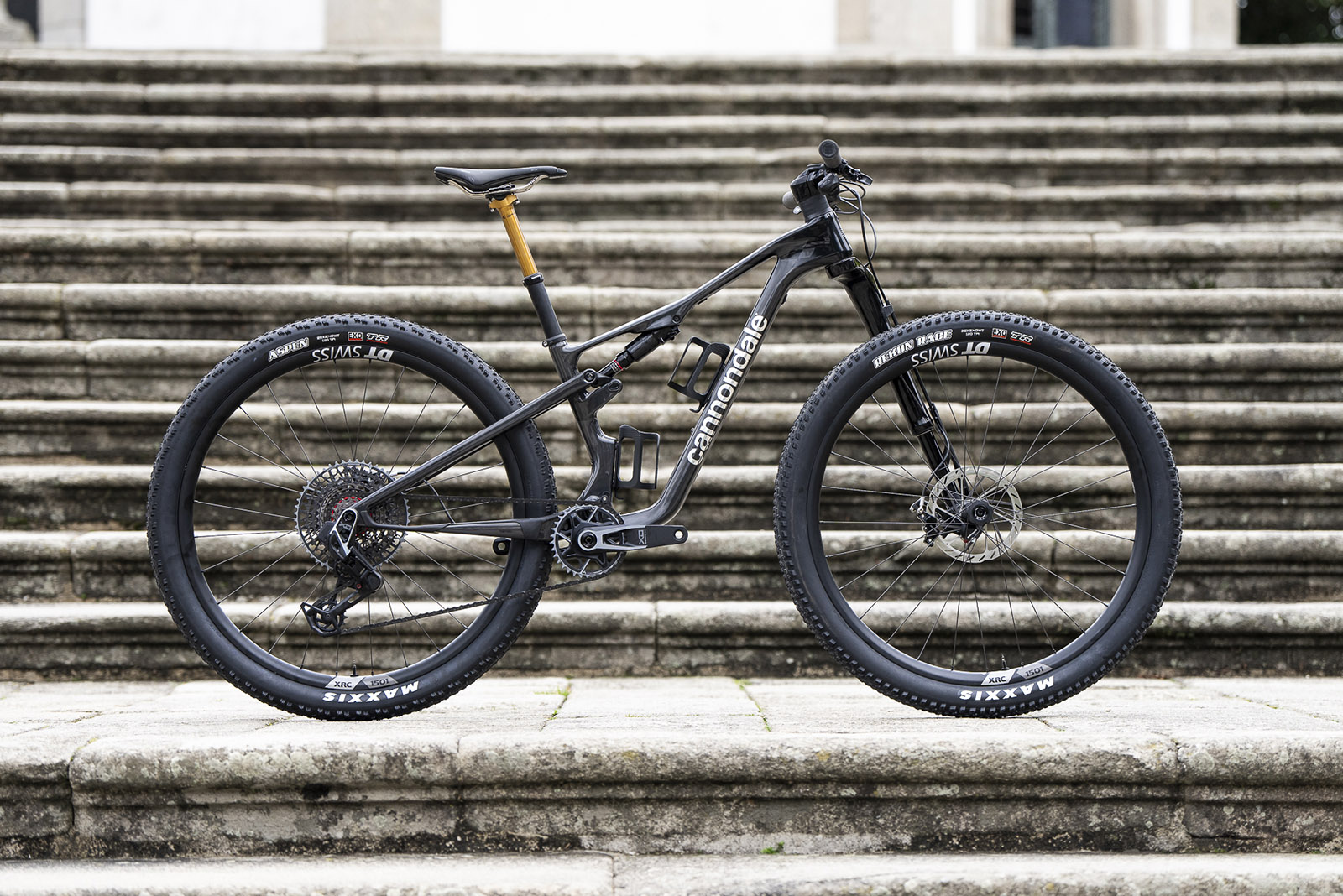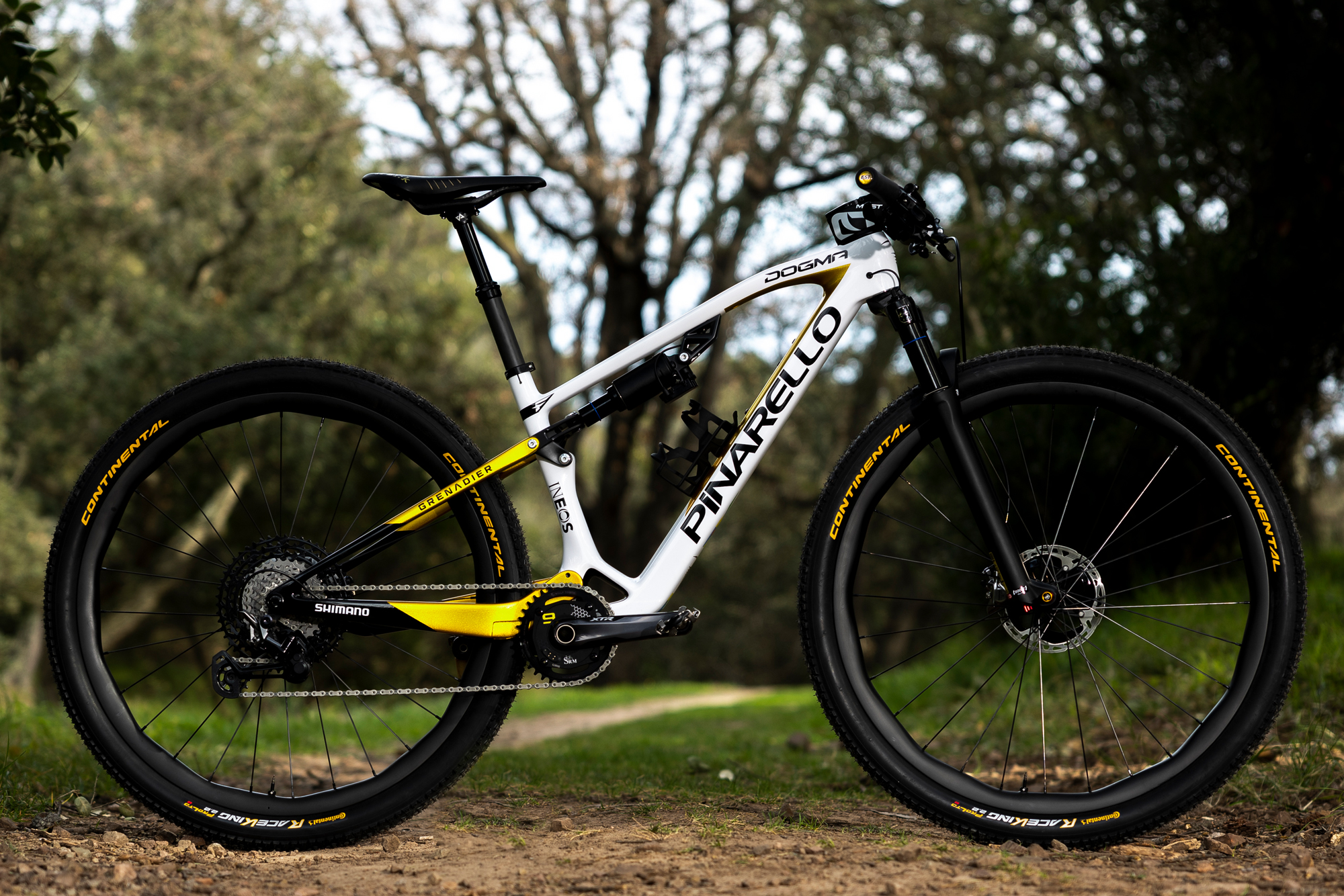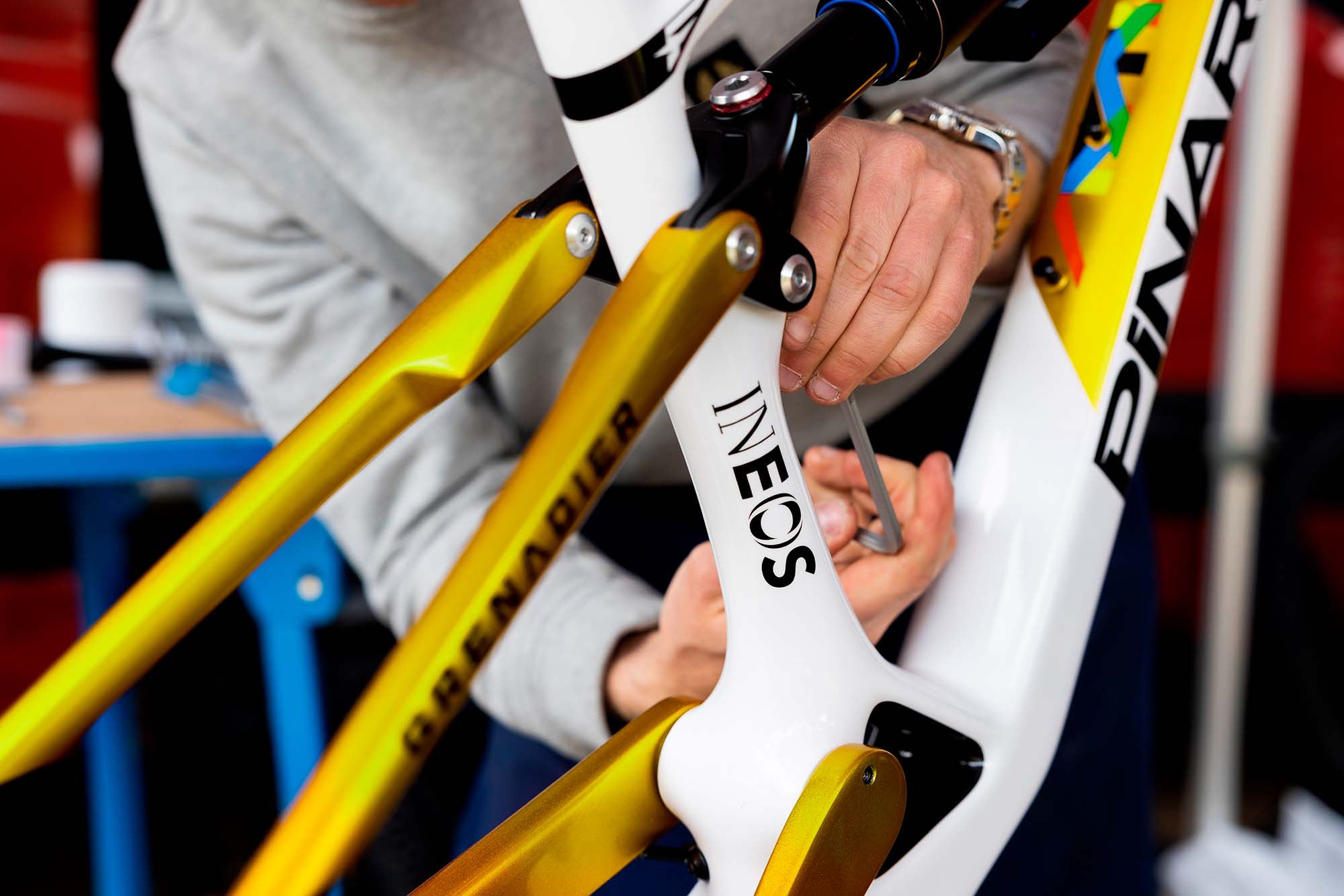We look at the most exciting XC bikes heading to the Paris Olympics
Cross-country racing will be the only mountain bike discipline represented at this summer’s Olympic Games in Paris.
Each year brings a host of new cross-country bikes with updated geometries and interesting new designs that aim to increase performance, but Olympic years always see more.
As the biggest shop window in sport, brands generally showcase key tech at the Olympics, with a greater focus put on R&D to show what they are capable of.
Luckily for us, this means there’s plenty of new tech being launched, and it’s not just the reserve of racers.
We’ve seen RockShox Flight Attendant get a cross–country makeover, with an algorithm adding Active Ride Dynamics, which automatically switches the suspension into open, pedal and lock modes.
Some of the bikes below feature the new system, which works similarly to the SR Suntour Tact and Fox Live Valve systems.
Components aside, here are some of the hottest XC bikes for 2024.
Specialized Epic 8
Named after the multi-stage Cape Epic race in South Africa, the Epic is one of the best-known XC bikes. The eighth-generation bike was released last month and features 120mm of suspension travel, but is made slightly more aggressive by a sub 66-degree head angle.
As is the case with many modern cross-country bikes, the Specialized Epic 8 features flex-stay suspension. This uses the bowing of the carbon fibre tubing in the rear triangle to provide articulation to the linkage.

This enables the bikes to be made lighter because fewer bearings are required in the linkage.
Specialized claims this improves power transfer and stiffness.
The Epic 8 S-Works frame shaves 76g off the previous generation.

The S-Works model also comes with RockShox Flight Attendant, which replaces Specialized’s Brain technology that has followed the evolution of the Epic up until now.
We were impressed by the Specialized Epic 8’s efficiency, giving it a 4.5-star rating when we tested it.
Yeti ASR

The ASR marks Yeti’s reintroduction into cross-country after nearly a decade-long hiatus.
With a traditional cross-country frame design that sees the rear shock positioned high in the frame for increased bottle storage, the Yeti ASR balances 115mm of rear suspension travel with a 120mm fork.

The suspension comes in the form of a single-pivot system, which also uses flex stays in the rear triangle.
The head angle is 66.5 degrees, with the top-spec frame using Yeti’s Turq carbon layup, which is said to offer greater compliance at a reduced weight.
Yeti says the ASR is the lightest full-suspension frame it has ever built.
Like the Epic 8, top-end models use RockShox’s new Flight Attendant system.
Cannondale Scalpel

Cannondale’s Scalpel is synonymous with cross-country racing, and the US-based brand has updated the bike for this year.
The new bike has seen a full update, including an increase in suspension travel to 120mm and a redesigned geometry more befitting of ever-more technical cross-country race courses.

Cannondale has continued to spec the Scalpel with its one-sided Lefty fork. The top-of-the-line LAB71 model uses the Lefty Ocho Carbon fork with a neat TwistLoc lockout.
As with the previous model, the Scalpel continues to use flex-stay suspension at the rear.
Pinarello Dogma XC

Launched last year, the Dogma XC has had a year of riding under Tom Pidcock and Pauline Ferrand-Prévot of team Ineos Grenadiers.
The bike is yet to be made available to the public, but it’s expected to be available for purchase soon and eligible to race in Paris.

With a patent-pending rear triangle, which sees two distinct ‘semi-triangles’ attached to a main rotation point moulded into the carbon frame, the bike looks unique, with no bridge between the seatstays and chainstays.
The Dogma XC has been a test bed for SR Suntour’s Tact suspension system, with Pidcock putting both bike and suspension through their paces.
Lee Cougan Crossfire Trail

Lee Cougan may be a name many are unfamiliar with, but the brand has recently released the Crossfire Trail, a 120mm cross-country bike aimed at the meatier end of the discipline.

The bike gets the brand’s Structural Crossbar System suspension. This sees flex-stay suspension provide articulation and a rear shock that’s mounted in line with the bottom bracket, leaving a hollow section through the down tube.

This is claimed to lower the centre of gravity, improving handling while increasing stiffness in the bottom bracket area.
Its 67.5-degree head angle is bang-on, compared to the majority of cross-country bikes and should provide good cornering characteristics.